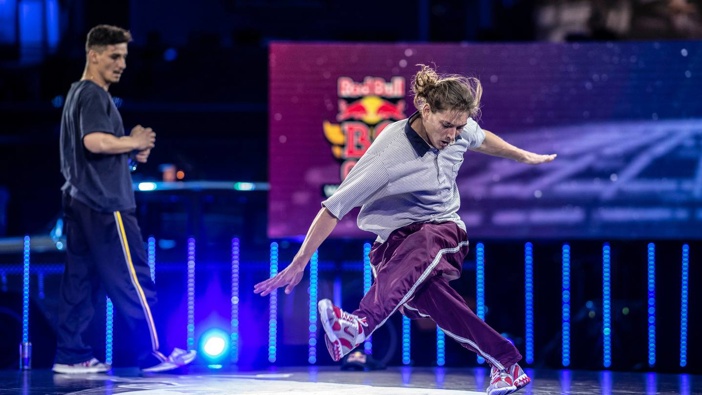Follow
the podcast on

Breaking -- elite breakdancing -- will make its Olympics debut at Paris 2024, officials announced Monday.
It will be the first DanceSport event to appear at an Olympic Games, having been staged at the Youth Olympics in Buenos Aires two years ago.
The International Olympic Committee (IOC) executive board also announced that skateboarding, sport climbing and surfing -- three events that were due to debut at the postponed Tokyo Games -- will be featured in Paris, too.
"Today is a historic occasion, not only for b-boys and b-girls but for all dancers around the world," said Shawn Tay, president of the World DanceSport Federation (WDSF).
"The WDSF could not be prouder to have breaking included at Paris 2024, and we thank everyone who helped make it possible: the executive board of the IOC, the Paris 2024 organizers, the WDSF staff and, most importantly, the breaking community itself.
"It was a true team effort to get to this moment and we will redouble our efforts in the lead-up to the Olympic Games to make sure the breaking competition at Paris 2024 will be unforgettable."
Paris 2024 will see 16 b-boys and 16 b-girls -- the term used for competitive breakers, or breakdancers -- compete in one vs one battles, and it is hoped the sport's inclusion will attract a young audience to the Olympics.
At the 2018 Youth Olympics, there were three medals events that drew crowds of more than 30,000 people each day, according to the WDSF.
The inclusion of the sport sparked a backlash, but Nicholas Rowe, Auckland University Associate Professor in the Faculty of Creative Arts and Industries and UNESCO Chair in Dance and Social Inclusion, told Jason Pine that it was about time that breakdancing was recognised.
He puts the backlash down to the fact that it, like gymnastic and figure skating, has a creative aspect that makes people question its sporting nature.
"I think the competitive nature of breakdancing has been around for so long now - it's been 30 years since they've been having international competitions - that now they are quite confident there is a rigorous approach to the judging to allow people to make a clear and coherent judgement on it."
Take your Radio, Podcasts and Music with you









